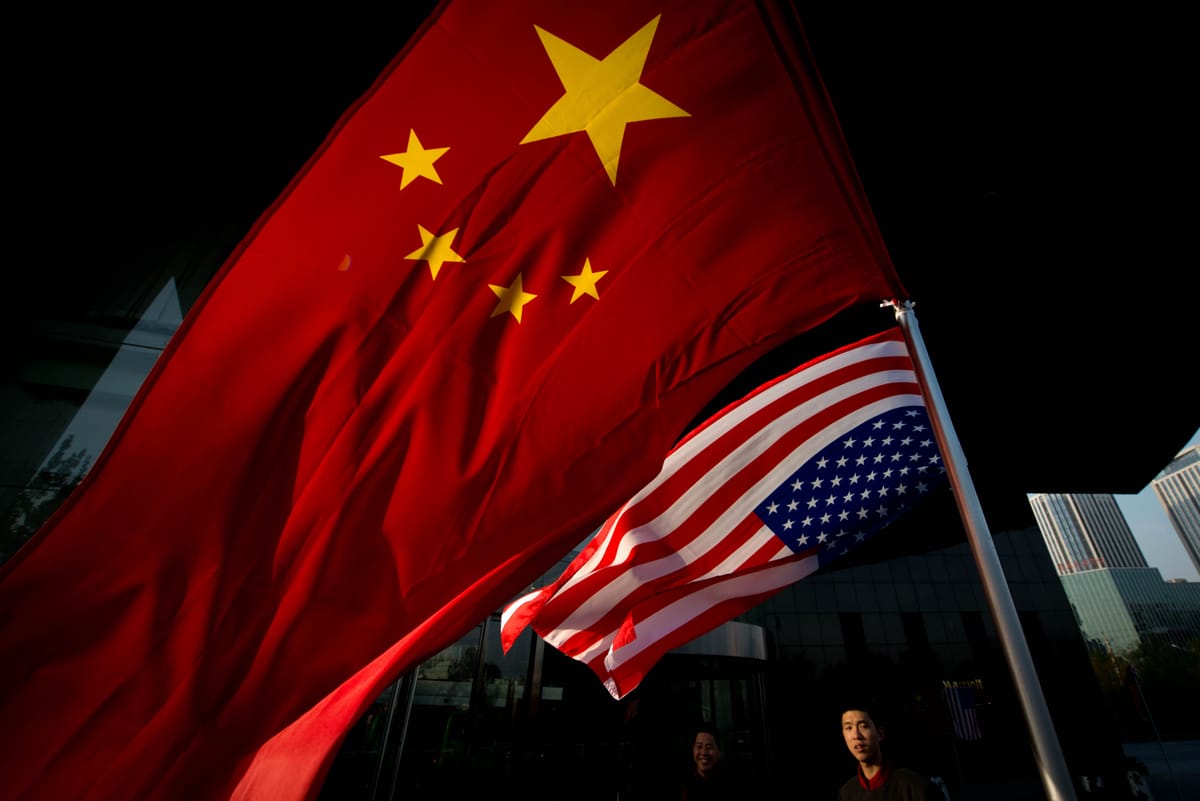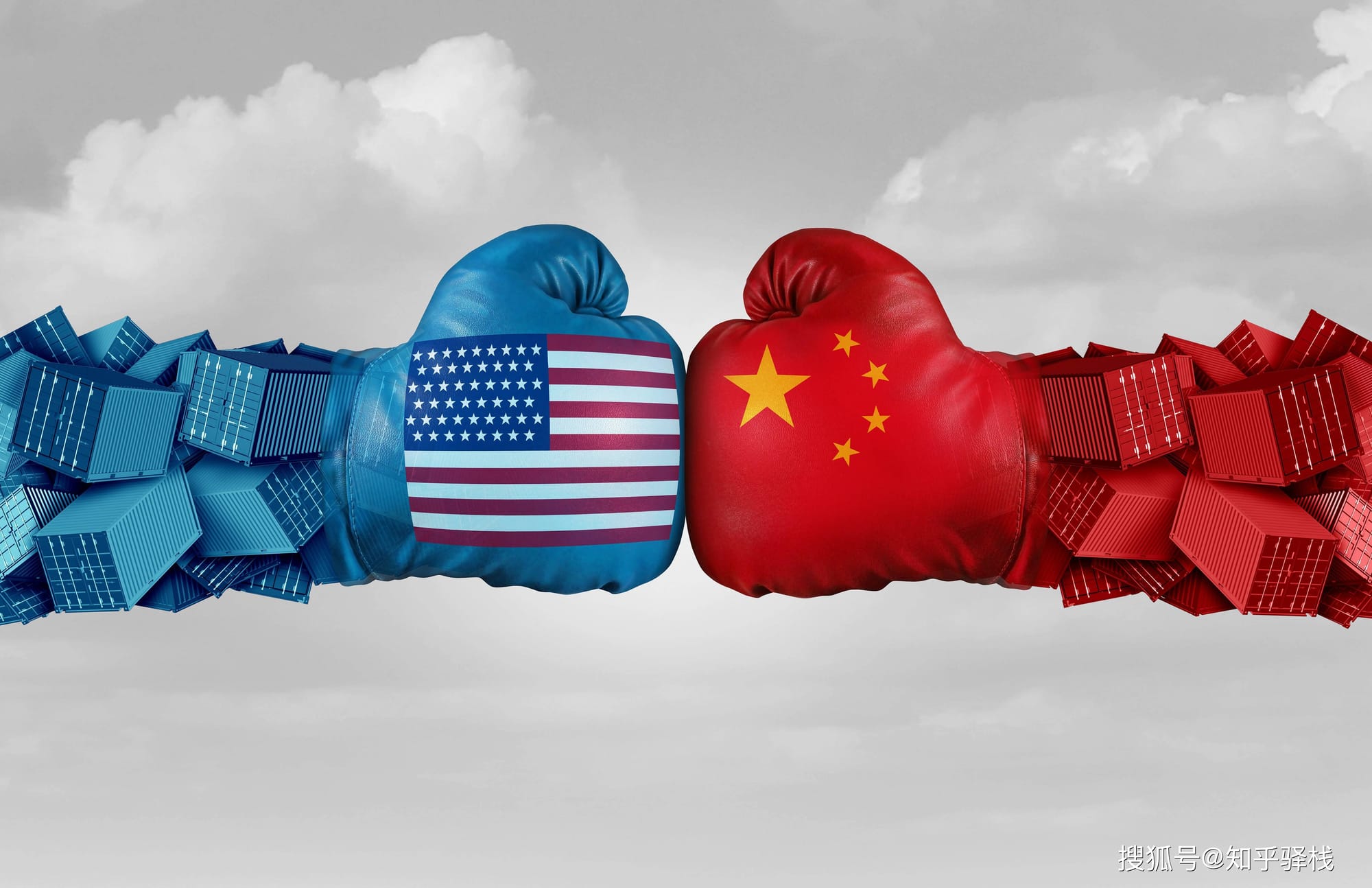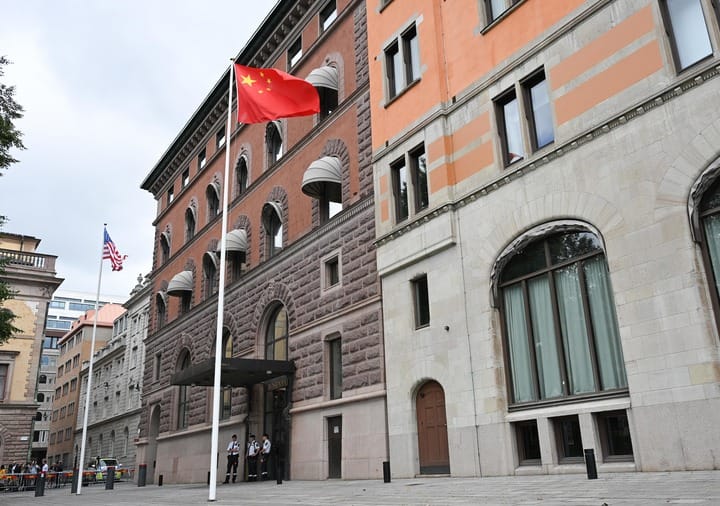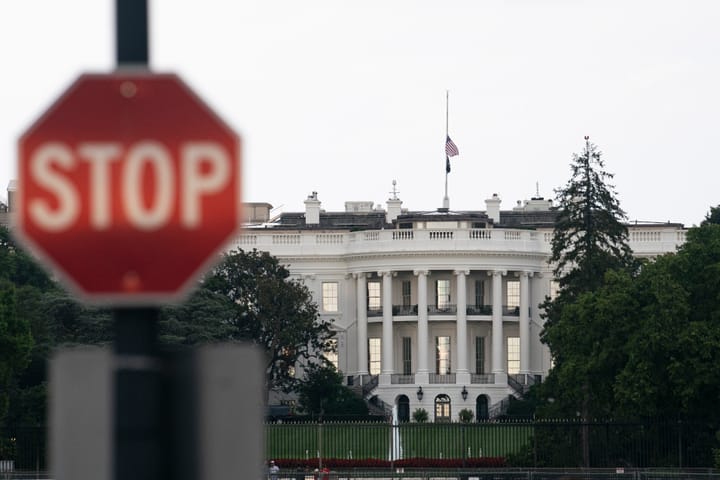A New Level and Frontier in China-U.S. Strategic Rivalry

By Wei Pan, Chair Professor at the Faculty of Social Sciences, University of Macau, Director of the Institute of Global and Public Affairs
Few grand strategies of major powers are rooted in conspiracy; they are, more often than not, overt and straightforward. In his second term, Trump is wasting no time, launching an ambitious and highly centralized "Hundred-Day Reform"(a failed Qing dynasty’s short-lived reform movement) to push through sweeping changes. There are three main pillars of this agenda: 1. A reactionary rollback of social progress, aggressively promoting conservative values to the point of glorifying ignorance and anti-intellectualism. 2. Money-making schemes, pursued through increased tariffs and a radical “slimming” of government, ostensibly for national interests, though personal enrichment cannot be ruled out. 3. “America First” to the extreme, characterized by withdrawing financial support from international alliances, focusing inward on domestic priorities, and even proposing to “buy out” Greenland and parts of Canada—signaling a return to North American isolationism as the new global vision.

Trump’s push to bring in money isn’t really about paying down the national debt—that’s a misreading of the American system. American presidents don’t clean up the mess left by their predecessors. In fact, racking up more national debt is where presidential “heroics” shine. Japan’s debt-to-GDP ratio is far higher than America’s, but it raises little concern because the debt is mostly domestic. U.S. debt, similarly, is denominated in its own currency. The real issue lies elsewhere: Congress holds the government’s purse strings, and any administration has to contend with that constraint. Elon Musk assumes that America’s growing national debt signals its decline. He also believes that streamlining the government is like running one of his companies—failing to recognize that dismantling bureaucracies and laying off civil servants is constrained by the very checks and balances of U.S. democracy. In short, the political and economic resilience of the U.S. remains robust, and it will not be brought down by the “debt problem.”


